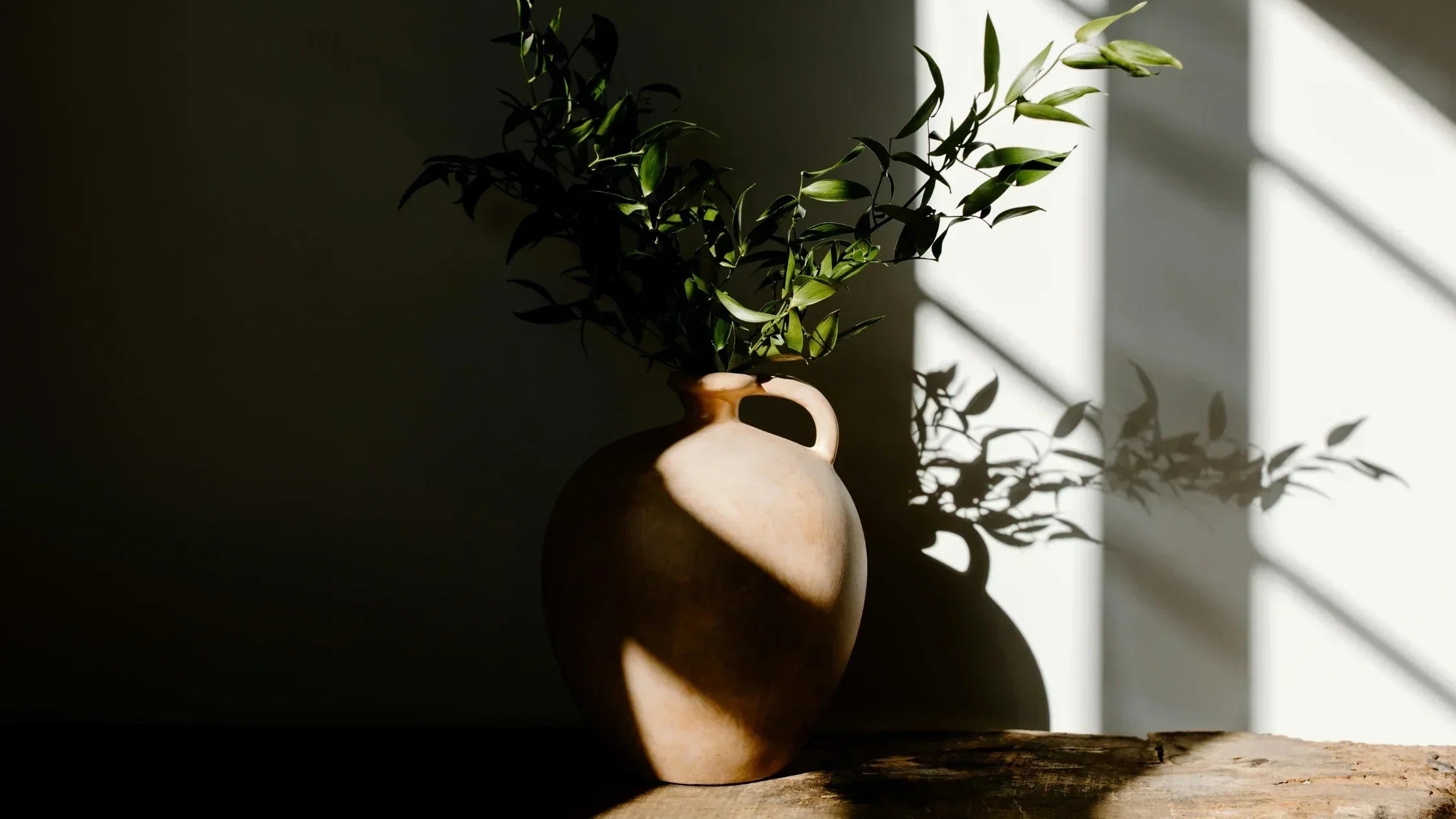When you step into a home designed with Japanese aesthetics, you immediately feel a sense of calm, balance, and intentionality. Every item has a purpose, and every space is a reflection of mindfulness. At E N Z ō K I, we are passionate about bringing authentic Japanese home goods to households worldwide, blending tradition with modern design to enhance everyday living.
The Inspiration Behind Our Japanese Home Goods
Our journey began with a deep admiration for the craftsmanship, simplicity, and elegance found in Japanese design. Japan has a long-standing tradition of creating home goods that prioritize functionality, aesthetics, and sustainability. From the refined beauty of wabi-sabi to the practical principles of minimalism, Japanese home décor embraces imperfection, natural materials, and a connection to nature.
We wanted to curate a collection of authentic Japanese home goods that would resonate with people who appreciate quality, tradition, and thoughtful design. Whether it’s handcrafted ceramics, traditional noren curtains, or sleek hinoki wood bath essentials, each product tells a story of artistry and dedication.

The Art of Japanese Craftsmanship
Japanese artisans have perfected their craft over generations, often passing down techniques that remain unchanged for centuries. The meticulous attention to detail and respect for natural materials make Japanese home goods unique. Here are some traditional craftsmanship techniques that inspire our collection:
Kintsugi – The Art of Repair
Rather than discarding broken pottery, kintsugi (金継ぎ) highlights cracks with gold lacquer, embracing flaws as part of an object’s history. This philosophy teaches resilience and appreciation for imperfection, a principle deeply rooted in Japanese culture.
Washi – Handmade Japanese Paper
Used in lamps, room dividers, and decorative accents, washi (和紙) is a durable, lightweight, and eco-friendly paper made from mulberry fibers. It adds warmth and a soft, diffused glow to any space.
Tatami – Traditional Flooring
Tatami mats, crafted from woven rush grass and rice straw, provide a natural, breathable flooring option that regulates humidity and enhances comfort. Their presence in a home immediately evokes a serene, traditional Japanese ambiance.
Urushi – Lacquerware
Japanese lacquerware, made using sap from the urushi tree, is known for its glossy finish and durability. Often adorned with intricate designs, urushi products are both functional and artistic, perfect for enhancing your dining experience.

Embracing Minimalism in Japanese Home Decor
Minimalism is not just a design trend in Japan—it’s a way of life. Rooted in Zen philosophy, Japanese minimalism emphasizes simplicity, negative space, and decluttering to create a tranquil home environment. Every object is chosen with intention, contributing to a space that feels open, airy, and harmonious.
By integrating Japanese minimalism into your home, you can:
-
Reduce stress and mental clutter
-
Maximize space efficiency
-
Foster a deeper appreciation for craftsmanship and natural materials
Our collection includes timeless pieces like shoji screens, furoshiki cloths, and simple yet elegant tableware, all designed to bring a touch of Japanese minimalism into modern homes.

Sustainability and Ethical Sourcing
At E N Z ō K I, we are committed to sustainability and ethical sourcing. Many Japanese artisans use locally-sourced, biodegradable materials such as bamboo, clay, and wood. Our suppliers follow traditional, eco-conscious production methods, ensuring that each product is both beautiful and sustainable.
Why Sustainable Home Goods Matter
Choosing sustainable Japanese home goods means reducing waste and supporting ethical craftsmanship. Many of our products are made with:
-
Recycled washi paper for decorative elements
-
Natural wood for kitchenware and furniture
By prioritizing eco-friendly materials and traditional methods, we help preserve Japan’s rich heritage while promoting responsible consumer choices.

Bringing Japanese Elegance Into Your Home
If you’re looking to incorporate Japanese home goods into your space, start with small, meaningful additions. Here are a few ideas:
1. Transform Your Space with Noren Curtains
Noren (暖簾) are traditional Japanese fabric dividers often used in doorways, windows, or as decorative room accents. They add softness to interiors while maintaining an airy, open feel.
2. Enjoy Tea with Handmade Ceramics
Japanese ceramic tea sets are known for their delicate yet durable craftsmanship. Drinking tea from a handmade cup enhances the experience, bringing mindfulness to your daily routine.
3. Elevate Your Bathroom with Hinoki Wood
Japanese hinoki wood bath essentials, such as soap dishes and bath stools, release a natural, calming aroma and are naturally antibacterial, making them perfect for creating a spa-like atmosphere at home.
4. Organize Mindfully with Furoshiki Cloths
Furoshiki (風呂敷) is a versatile, eco-friendly wrapping cloth used for gift-wrapping, carrying items, or even home decor. It’s a sustainable alternative to disposable packaging and adds an elegant touch to everyday items.

Our Commitment to Quality and Tradition
Bringing Japanese home goods to a global audience is more than just a business for us—it’s a mission to celebrate craftsmanship, sustainability, and cultural heritage. Each piece in our collection is carefully selected to reflect the timeless elegance of Japanese design while fitting seamlessly into contemporary lifestyles.
We invite you to explore our collection and experience the beauty of authentic Japanese home goods. Whether you are drawn to minimalist decor, traditional craftsmanship, or sustainable living, our products are designed to bring a sense of peace, purpose, and aesthetic harmony to your home.

Experience the Beauty of Japanese Home Goods
At E N Z ō K I, we believe that home is a reflection of one’s values and lifestyle. By incorporating Japanese home goods into your space, you embrace a tradition of thoughtful design, quality craftsmanship, and mindful living.
Explore our collection today and transform your home into a sanctuary of simplicity, elegance, and authenticity.



Share:
The Secret to Japanese Organization: KonMari Tips for Tidying Up
Traditional Japanese Woodworking Techniques You Can Appreciate Today